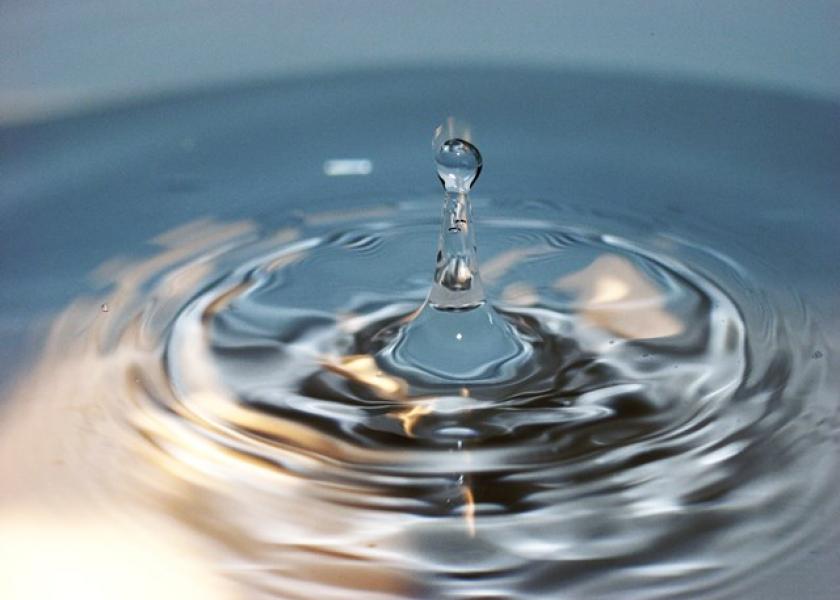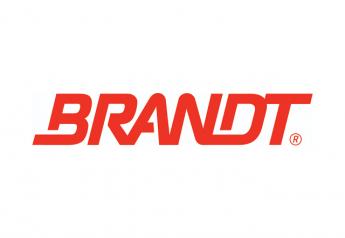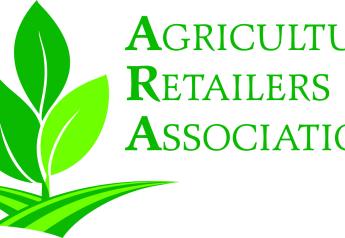Ag's water fight

Des Moines, Iowa—and its drinking water—is at the epicenter of a fight that could impact how farms are regulated under the federal Clean Water Act (CWA). The city's municipal water provider, Des Moines Water Works (DMWW), has filed a lawsuit targeting nitrate runoff from area crop farms. If the lawsuit is successful (a big "if"), agricultural tile drains will be regulated as "point sources" under CWA, which could lead to restrictions for fertilizer and nutrient management.
DMWW has faced challenges controlling nitrate levels in its drinking water for many years. Nitrates are often naturally present in water, but they can also enter water systems through runoff and leaching. Several illnesses can result from elevated nitrate levels; thus, municipalities are required to limit nitrate levels under the federal Safe Drinking Water Act. DMWW believes upstream farms are responsible for elevated nitrate levels and the extra costs to remove nitrates from Des Moines' drinking water.
Surface runoff from farms and return flows from irrigation are exempt from regulation as a point source under CWA. Instead, it is regulated as nonpoint source pollution. Historically, this exemption has extended to discharges from tile drainage pipes. DMWW would like to change that.
DMWW's lawsuit names several drainage districts in three counties. The suit alleges the drainage districts are operating point sources of pollution without a permit. If successful, the drainage districts will be subject to CWA's point source permitting requirements for pipes and ditches that release tile drain water.
The three counties, as well as state and national agriculture groups, argue CWA's agricultural stormwater runoff exemption covers drainage districts. In their corner is 44 years of precedent under CWA. They note farmers have a vested interest in reducing runoff and a voluntary approach would be more productive. The trial is in June 2017.








